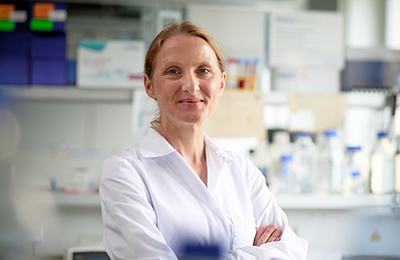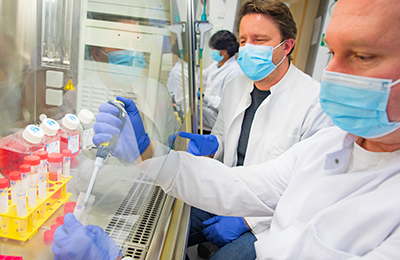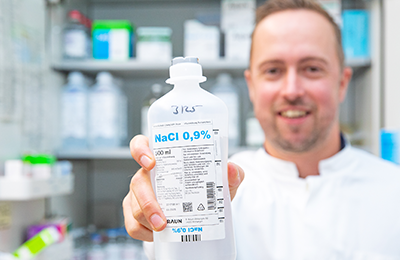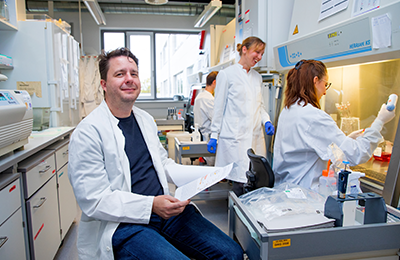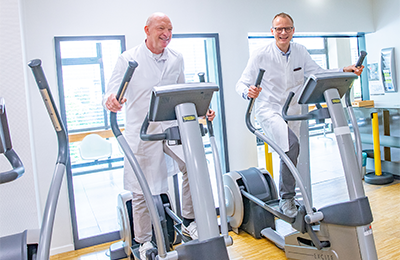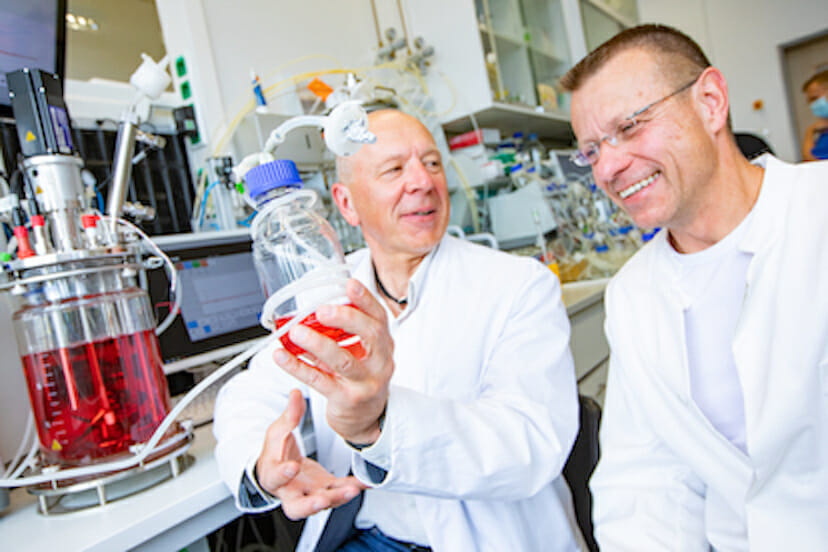From the lab to the market: enabling bone repair
When bones fail to heal – for example after an accident or cancer treatment – bone defects remain, placing a burden on patients as well as society and the economy. “Worldwide, more than four million operations per year require bone grafts or substitutes. At the same time, current treatment options are limited.

